Austrians will vote for a new National Council this Sunday, with results expected by the evening. Hiwever, the first preliminary results will be released shortly after 5 p.m., as polling stations close at 4 p.m. The stakes are high, as the right-wing Austrian Freedom Party (FPO) is currently leading the polls. The FPO is most popular on key issues that will likely determine voters' choices, with one of the most significant topics being migration and Islamism, according to Világgazdaság.
The popularity of the Freedom Party also demonstrates that there's substantial support among Austrians for restricting immigration. It's also worth noting that the Austrian People’s Party (OVP) takes a moderate stance on this issue. Let's not forget that current Chancellor Karl Nehammer supports Hungarian–Serbian cooperation in curbing migration. However, since the People’s Party has been in a coalition with the Greens, they've been forced to make compromises that have weakened their credibility on this issue,
– Levente Szikra, lead analyst at the Center for Fundamental Rights, told our newspaper. He added that this is why we’re seeing a rise in support for the Freedom Party, which was already evident during the European Parliament elections earlier this summer, and there’s a good chance it will carry over into the upcoming parliamentary elections.






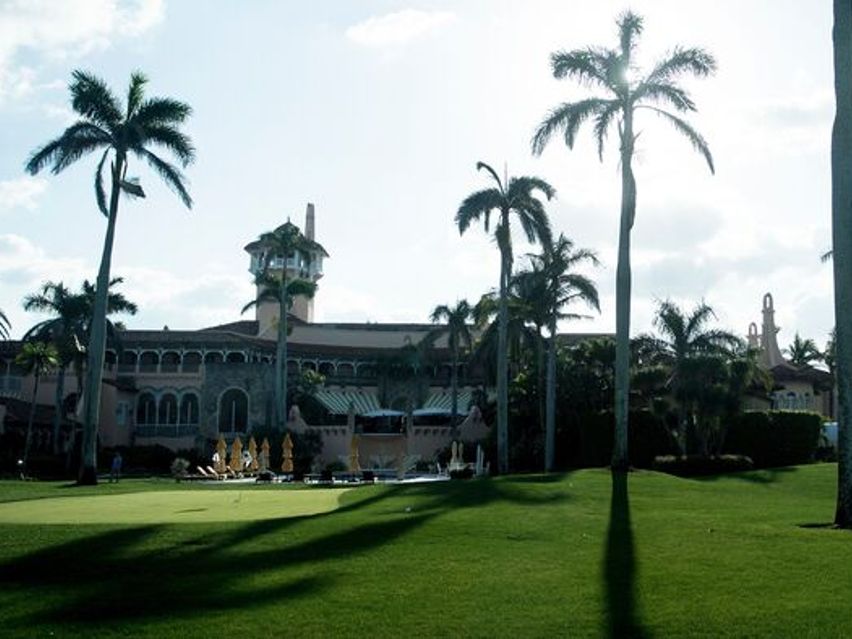






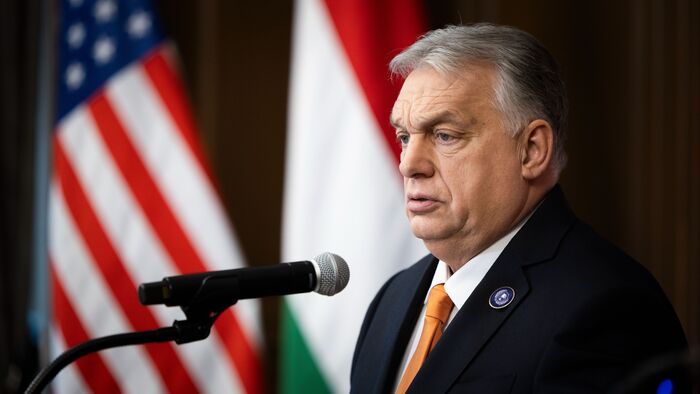

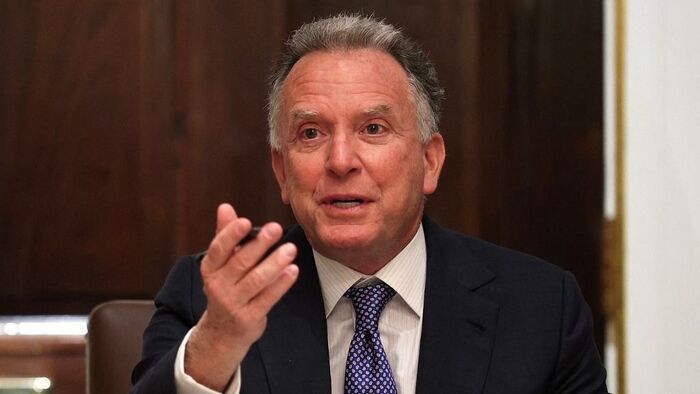
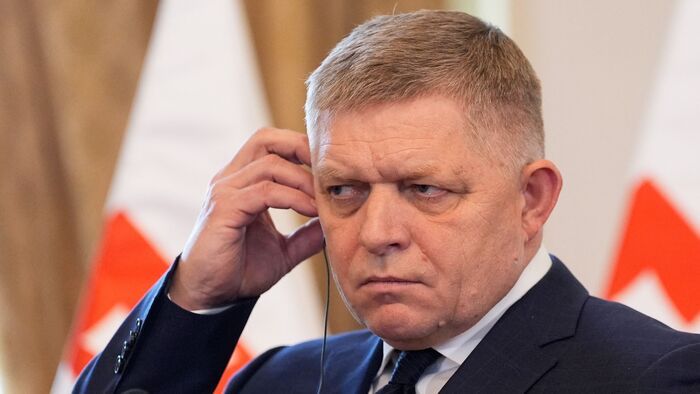




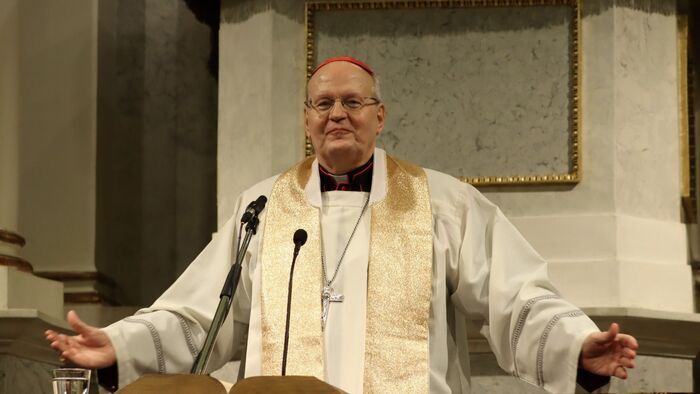

Szóljon hozzá!
Jelenleg csak a hozzászólások egy kis részét látja. Hozzászóláshoz és a további kommentek megtekintéséhez lépjen be, vagy regisztráljon!